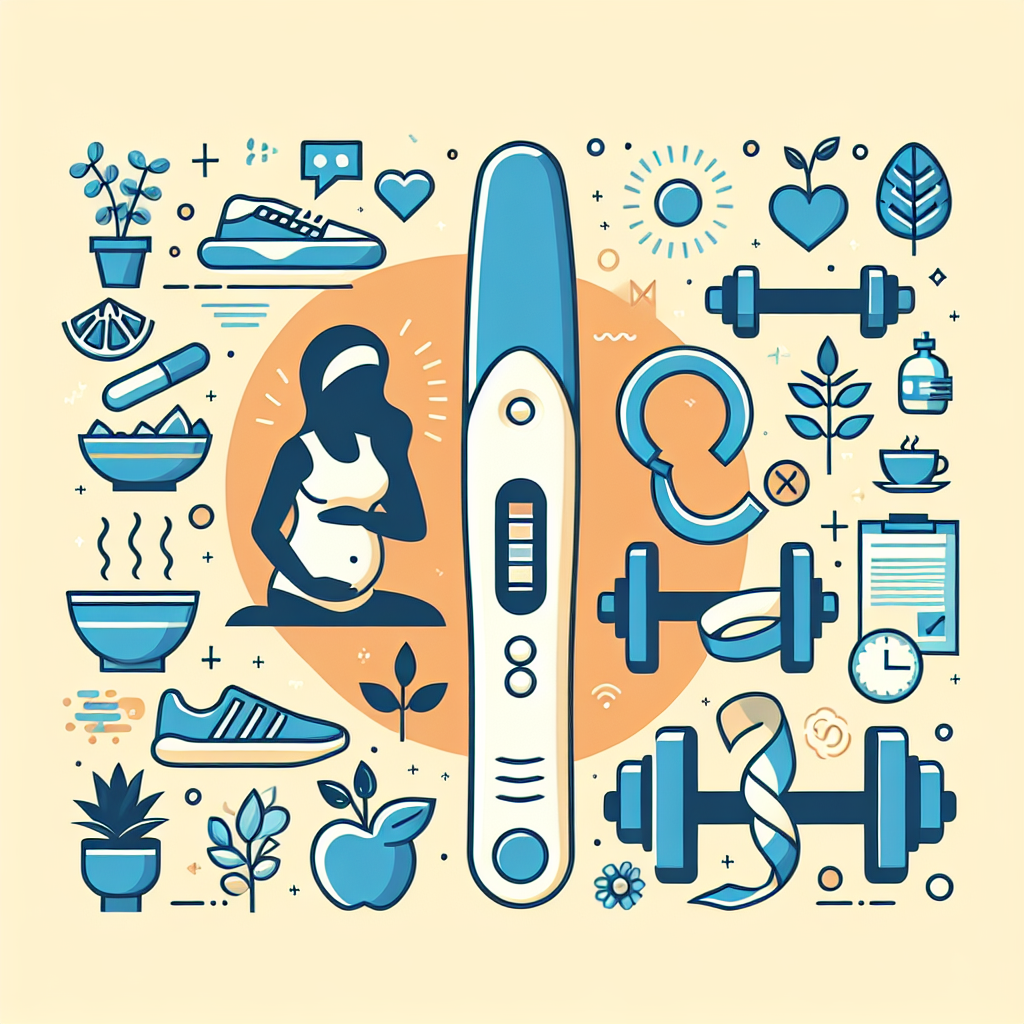Child Development: A Complete Guide to the Essential Stages
Introduction
Understanding each stage of child development is essential for every parent and parent-to-be. From the first movements in the mother's belly, to the first steps of the little one, every moment counts. This article aims to provide a detailed guide to baby development with tips and suggestions to successfully navigate this fascinating journey.
First Stage: Pregnancy and Preparation for Birth
During this stage of pregnancy, women experience significant physical and emotional transformations. It is the time when the future mother must let her emotions flow and prepare for the birth of the little one.
Pregnancy tests are the first step in confirming pregnancy. They can be purchased from pharmacies and are based on the detection of the hCG hormone in the urine. It is important to know that they are most accurate in the morning, when the hormone level is the most concentrated.
Before giving birth, it is essential to prepare a birth plan and choose a reliable doctor or midwife. Antenatal classes can also be very helpful in understanding what is to come.
Second Stage: Birth
Childbirth is the culmination of pregnancy and can vary from one mother to another. There are several types of birth – natural, caesarean section, with or without an epidural. It is crucial for every mother to understand the options available to her and discuss them with her medical team to make the best decision.
Having a birth partner or doula can bring significant emotional support, helping to ease anxiety and fears surrounding this big event.
Third Stage: The Newborn
The first contact with the little one makes all the difficulty of the birth worth it. At this stage, the mother-child bond is established and breastfeeding begins. It is a period full of adaptation, both for the parents and for the child.
Caring for your newborn involves changing diapers, regular baths, and monitoring sleep and feeding. Frequent pediatric consultations are essential to monitor your baby's development and maintain his health.
The Fourth Stage: The First Six Months
The first six months are full of firsts: the first smile, the first time he turns on his stomach and the first taste of solid food. This is a time when the baby begins to develop its senses and coordination.
Food should be gradually diversified, introducing new tastes and textures. Also, sleep has a crucial role in child development, requiring the establishment of a healthy sleep routine.
Fifth Stage: Motor and Social Development
Between six months and one year, children start to stand up, walk and even take their first steps. It is the right time to interact more with the little one, through games and educational activities.
Social development is just as important. Socializing with other children and participating in group activities can improve a child's social skills and help them learn about cooperation and friendship.
Sixth Stage: Learning the Language
From a year before, children begin to emit the first sounds and words. Encouraging communication and talking with the child can speed up this process. Storybooks, songs and role-playing are effective tools in language development.
It is important to allow time to listen and respond encouragingly to the child's attempts at communication, even if they are initially inarticulate.
The Seventh Stage: Independence and Self-Control
As children approach the age of two, they begin to show independence and sometimes have tantrums. It is a normal stage where children test their limits and learn about self-control.
Strategies such as setting clear and consistent boundaries, encouraging self-service, and providing limited choices can be effective in navigating this challenging time.
Conclusion
Child development is a complex and challenging process, but also extremely rewarding for parents. Each stage comes with its own great achievements and specific difficulties. With information, patience and lots of love, every mother and father can support the healthy growth and development of their little one. Now that you've become familiar with these essential stages of baby development, we invite you to visit the section of our store for resources and products dedicated to moms and baby development, or subscribe to our newsletter for more useful information.














































































































































